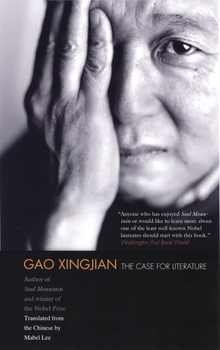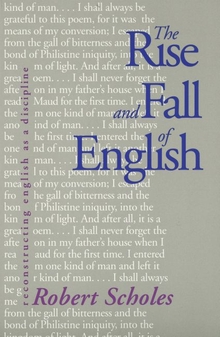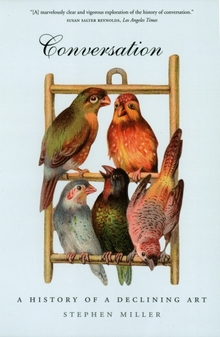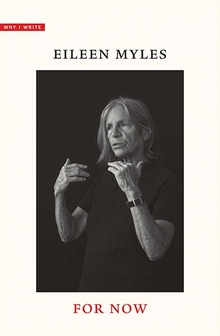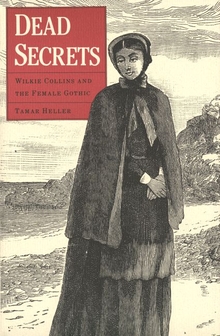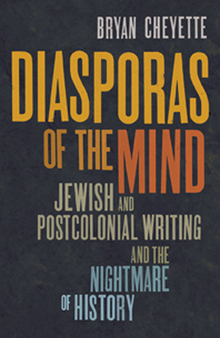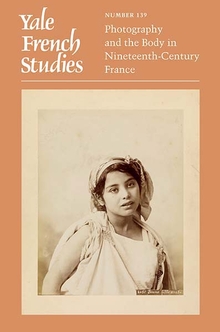The Case for Literature
WARNING
You are viewing an older version of the Yalebooks website. Please visit out new website with more updated information and a better user experience: https://www.yalebooks.com
Gao Xingjian
The author of Soul Mountain,and China’s only Nobel Laureate in Literature, offers provocative insights into the meaning and enduring importance of literary expression
When Gao Xingjian was crowned Nobel Laureate in 2000, it was the first time in the hundred-year history of the Nobel Prize that this honor had been awarded to an author for a body of work written in Chinese. The same year, American readers embraced Mabel Lee’s translation of Gao’s lyrical and autobiographical novel Soul Mountain, making it a national bestseller. Gao’s plays, novels, and short fiction have won the Chinese expatriate an international following and a place among the world’s greatest living writers. The bold and extraordinary essays in this volume—all beautifully translated by sinologist Mabel Lee—include Gao's Nobel Lecture (“The Case for Literature”), “Literature as Testimony: The Search for Truth,” “Cold Literature,” “Literature and Metaphysics: About Soul Mountain,” and “The Necessity of Loneliness,” as well as other essays. These essays embody an argument for literature as a universal human endeavor rather than one defined and limited by national boundaries. Gao believes in the need for the writer to stand apart from collective movements, regardless of whether these are engineered by political parties or driven by economic or other forces not related to literature. This collectionpresents Gao's innovative ideas on aesthetics, and it constitutes the very kernel of his thinking on literary creation.
When Gao Xingjian was crowned Nobel Laureate in 2000, it was the first time in the hundred-year history of the Nobel Prize that this honor had been awarded to an author for a body of work written in Chinese. The same year, American readers embraced Mabel Lee’s translation of Gao’s lyrical and autobiographical novel Soul Mountain, making it a national bestseller. Gao’s plays, novels, and short fiction have won the Chinese expatriate an international following and a place among the world’s greatest living writers. The bold and extraordinary essays in this volume—all beautifully translated by sinologist Mabel Lee—include Gao's Nobel Lecture (“The Case for Literature”), “Literature as Testimony: The Search for Truth,” “Cold Literature,” “Literature and Metaphysics: About Soul Mountain,” and “The Necessity of Loneliness,” as well as other essays. These essays embody an argument for literature as a universal human endeavor rather than one defined and limited by national boundaries. Gao believes in the need for the writer to stand apart from collective movements, regardless of whether these are engineered by political parties or driven by economic or other forces not related to literature. This collectionpresents Gao's innovative ideas on aesthetics, and it constitutes the very kernel of his thinking on literary creation.
Playwright, novelist, essayist, and painter Gao Xingjian ws born in 1940 in Jiangxi Province in eastern China. Choosing exile, he settled in Paris in 1987. In 1992, he was named a Chevalier de l'Ordre des Arts et des Lettres by the French government. In 2000, he was awarded the Nobel Prize in Literature. Mabel Lee’s many translations include Gao Xingjian’s novels Soul Mountain and One Man’s Bible and his short story collection Buying a Fishing Rod for My Grandfather. She is an honorary associate in the School of Languages and Culture at the University of Sydney.
"The essays . . . provide a good overview of Gao Xingjian's career, especially when supplemented with the perspicacious 'contextual' introduction by Gao's translator, Mabel Lee. Anyone who has enjoyed the much-acclaimed Soul Mountain or would like to learn more about one of the least well-known Nobel laureates should start with this book."—Michael Dirda, Washington Post Book World
"This is required reading for those who want to see how a brave spirit overcame seemingly intractable political forces to create an enduring body of work. Translator Mabel Lee provides a useful introduction to Gao's life and work, placing him in the context of modern Chinese literature, and she adds a bibliography. . . . After you have experienced the play of his mind, the clarity of his vision, and the heartbreaking scope of his subject—the fate of the individual in a mass society—The Case for Literature will reveal the foundation upon which he builds his utterly original house of fiction."—Christopher Merrill, Wilson Quarterly
"Gao makes his mark as a cultural philosopher with a spiritual dimension in this set of essays. The eminent Mable Lee . . . introduces this collection with an excellent historical and political contextualization of his life and artistic expression. . . . From this collection, one understands that Gao's greatest love is the authentic expression of human experience. . . . Essential."—Choice
"The Case for Literature is more than a non-fiction compendium of Gao's thoughts on language, literature and politics, but serves as an invaluable introduction to the expansive creative vision of a remarkable writer. Until more of his become available her, the essays suggest some of what has been inevitably been lost in, or is waiting for, translation."—Tess Lewis, The World
"A pertinent reminder and a potent statement of the necessity of artistic freedom. . . . At a time when collectivist thought of many varieties attempts to suppress creativity or to channel one's reading into a narrow stream, Gao's forthright declaration of independence is a timely reminder of the importance of the individual."—Dean Baldwin, Magill's Literary Annual 2008
Selected by as an Outstanding Academic Title for 2007 by Choice Magazine
Selected as a 2008 AAUP University Press Book for Public and Secondary School Libraries.
ISBN: 9780300136265
Publication Date: May 20, 2008
Publication Date: May 20, 2008
192 pages, 4 11/16 x 7 1/2
Sales Restrictions: For sale in the U.S., its dependencies, and Canada

